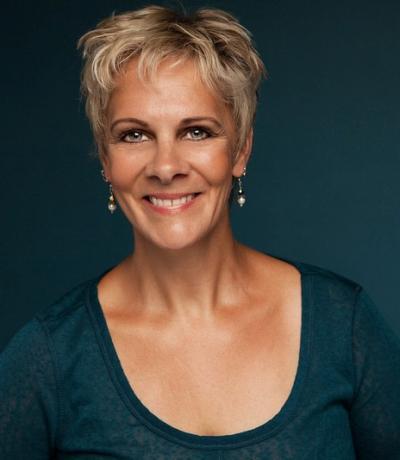More than half the people in Ontario who reported they had major depression did not use physician-based mental health services in the following year, according to a new paper based on OHIP data from the Institute for Clinical Evaluative Sciences.
Estimates claim that up to one in four people suffer at some point in their lives from depression, which reduces quality of life and is associated with increased disability and lower productivity at work. Women are diagnosed with depression more than twice as often as men. The analysis set out to see whether gender plays a role in seeking mental health care. In general, women use mental health services about 10 per cent more than men, reflecting the fact they use health care services overall more than men.
More than half – 55.3 per cent – of people in Ontario with self-reported major depression had no contact with physicians for mental health reasons in the following year.

Dr. Flora Matheson, sociologist and co-author of the study. Credit: St. Michael's Hospital
"It's concerning to us that many Ontarians with mental health needs are not accessing clinician-based care," said Katherine Smith, lead author and epidemiologist in the Centre for Research on Inner City Health of St. Michael's Hospital. "Some people may seek non-medical types of support or care, such as clergy, alternative medicine, psychologists or social workers. But we don't know for sure, so the gap remains of concern."
She speculated that some ethnic groups may not be comfortable accessing physician-based mental health services or may prefer to use non-medical services. Stigma around mental illness may also deter some people, she said.
Men may be more likely than women to delay seeing a doctor for minor mental health concerns, but will seek help once a mental health problem reaches a certain threshold.
She found the gender gap was small among those with depression, only five percentage points. Women were slightly more likely than men to see a primary care provider for depression – 30.4 per cent vs. 24.6 per cent, but there was little gender difference in who sought speciality care, such as from a psychiatrist.
In comparison, among people without major depression (who could have had other mental health concerns), there was a significant gender difference: 21 per cent of women and 13 per cent of men had a mental health visit, a gender gap of 8 percentage points.
The findings appear in the journal Health.






Comments